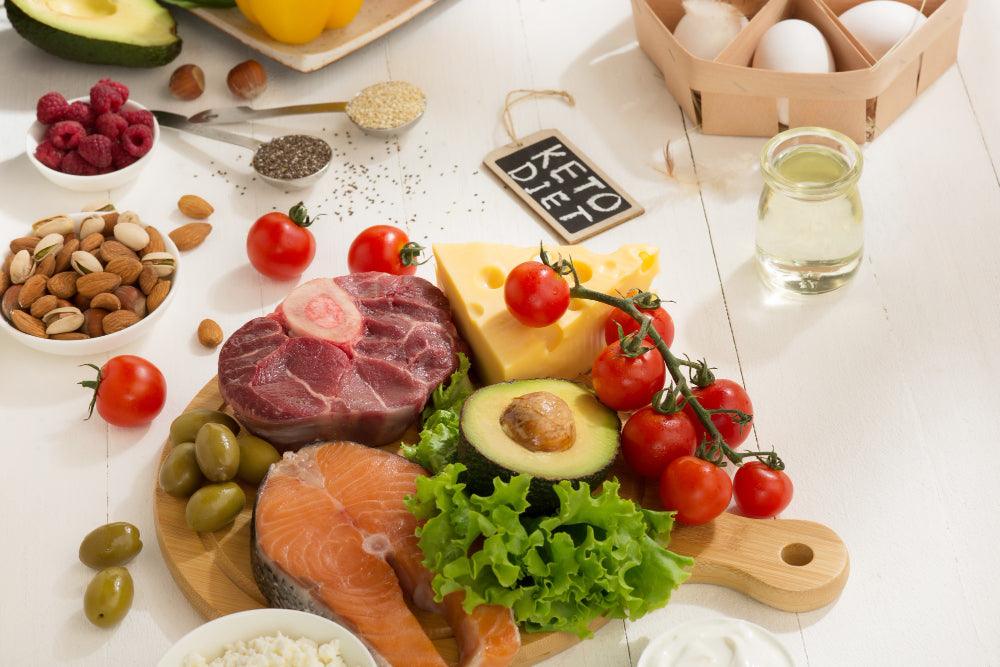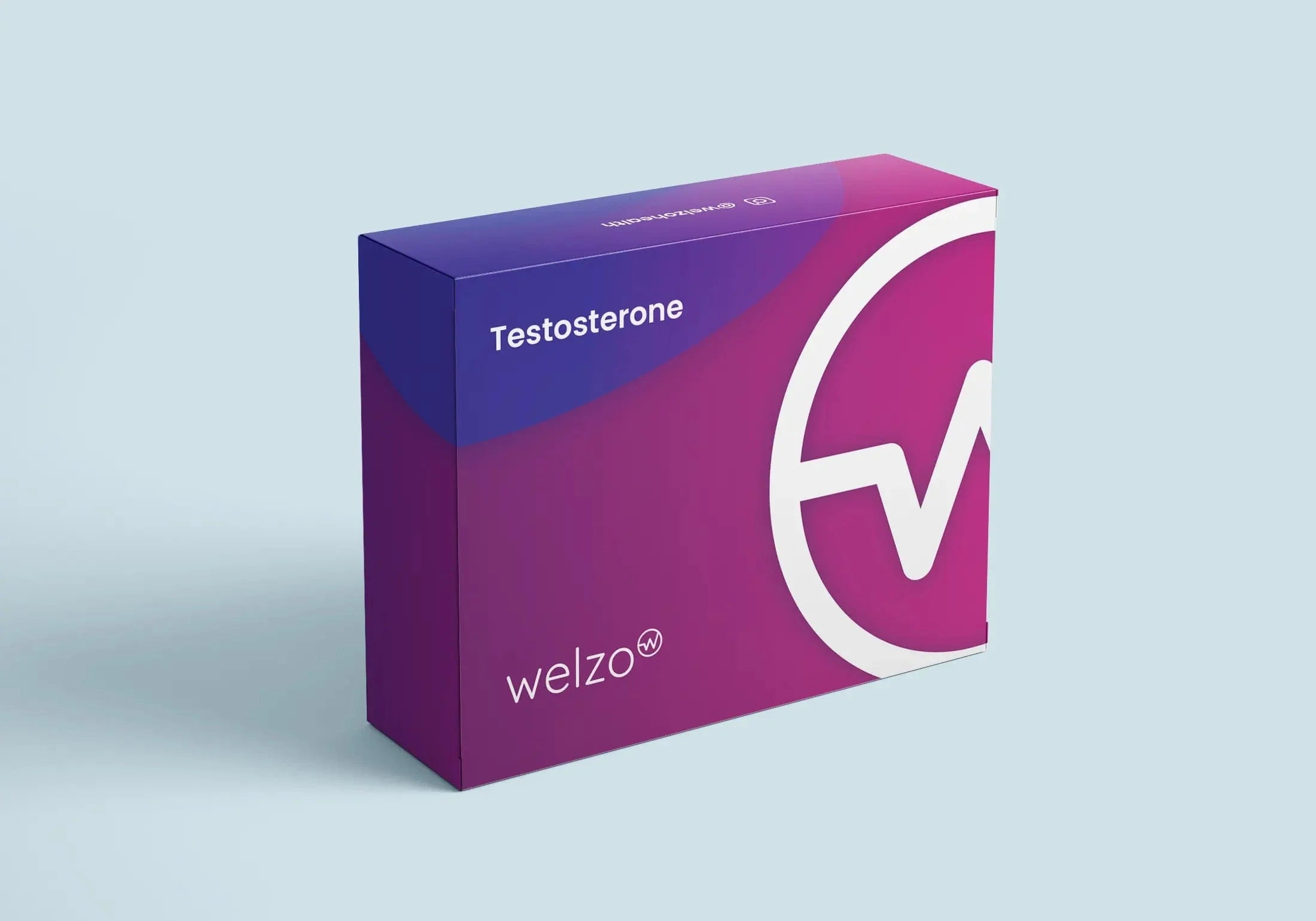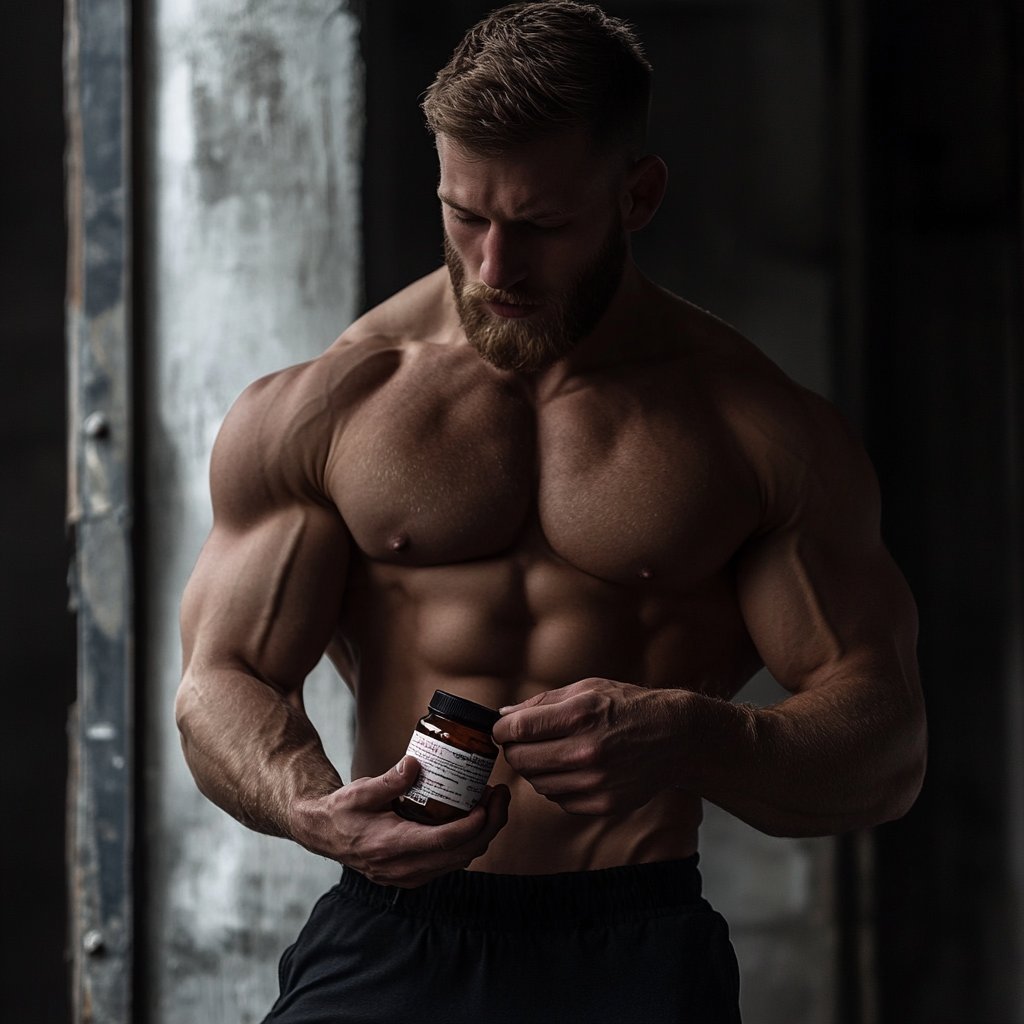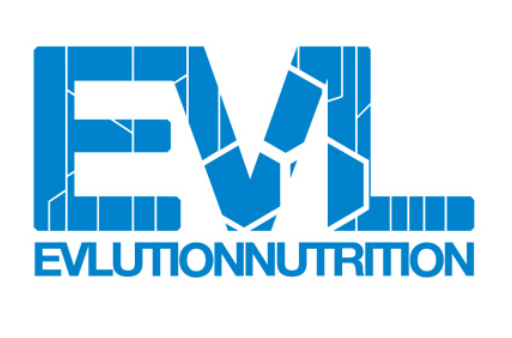
 Instagram
Instagram
Related products
Top 15 Foods to Increase Testosterone According to a Doctor

Related products
How Diet Can Impact Testosterone Levels
How diet impacts testosterone levels is an interesting avenue of scientific investigation. Evidence suggests a link between our diet and hormonal health. Nutrient-rich food items, like lean proteins, whole grains, and a variety of fruits and vegetables, can help maintain healthy testosterone levels. Conversely, diets high in processed foods and refined carbohydrates might negatively affect testosterone levels. "The Mediterranean diet, known for its richness in healthy fats, lean proteins, and antioxidants, has been associated with healthy testosterone levels," says Dr. Anthony Hopkins from London.
Understanding the Role of Testosterone
Understanding the role of testosterone takes us into the realm of endocrinology, the branch of medicine dealing with the body's hormone system. Testosterone, often deemed as the "male hormone", is a vital part of human physiology and holds a prominent position within the endocrine system. It's present in both men and women, though in significantly higher quantities in men. The significance of this hormone is intertwined with various aspects of our health and daily lives. "Testosterone plays a crucial role in various bodily functions, from influencing muscle mass and bone density to regulating sex drive and mood," elucidates Dr. Alexander Reynolds, a renowned endocrinologist from London.
Definition and Functions of Testosterone in the Body
Defining testosterone and its functions brings us closer to appreciating its roles within the body. Testosterone is a steroid hormone, produced primarily in the testes in men, ovaries in women, and adrenal glands in both. In males, the hormone is linked with the development of primary and secondary sexual characteristics. "For men, testosterone shapes their development right from the embryonic stage, dictating the formation of male genitalia, influencing voice deepening during puberty, and promoting growth of body hair," says Dr. Helen Forrester from London Hospital. In adults, testosterone has key roles in maintaining muscle mass, bone density, and regulating the libido. It's also involved in fat distribution and red cell production. The importance of testosterone in females, though produced in lower quantities, shouldn't be underestimated. It's crucial for bone strength and the development of lean muscle mass. It also contributes to a woman's libido and overall sense of well-being.
Symptoms of Low Testosterone
Symptoms of low testosterone can vary and often sneak up subtly. It's imperative to understand these signs, as testosterone deficiency can have profound health implications. In men, low testosterone levels might cause fatigue, reduced sex drive, difficulties with erection, and mood disturbances. Physical changes are also possible, such as increased body fat, reduced muscle bulk, and strength, and loss of body hair. "Women with low testosterone may experience similar symptoms, along with irregular menstrual cycles and fertility issues," warns Dr. Maria Andersson, a respected endocrinologist from Glasgow.
The Importance of Consulting with a Healthcare Professional
The importance of consulting with a healthcare professional regarding testosterone levels cannot be stressed enough. Self-diagnosis or self-treatment can lead to unwanted health complications.
When Should You Talk to a Doctor?
Knowing when to talk to a doctor about your testosterone levels is as crucial as understanding the hormone's importance. For men, if you're experiencing symptoms like persistent fatigue, low sex drive, or mood changes, it's advisable to consult with a healthcare provider. Women who have symptoms like irregular menstrual cycles, mood swings, or low libido should also seek medical advice. "It's essential not to overlook these symptoms as they might indicate underlying hormonal imbalances," warns Dr. Elizabeth Osborne, an endocrinologist.
What Kind of Tests Might a Doctor Recommend?
If you're wondering what kind of tests a doctor might recommend for assessing testosterone levels, they typically involve blood tests. A healthcare professional might also ask for additional tests to rule out other medical conditions. "Besides the standard testosterone blood test, we sometimes request for a full blood count, lipid profile, or even a pituitary hormone screening, depending on the individual's symptoms and medical history," says Dr. James Hamilton, an endocrinologist from Manchester.
How Does a Medical Professional Determine a Healthy Testosterone Level?
Finally, we must understand how a medical professional determines a healthy testosterone level. Testosterone levels are typically measured in nanograms per deciliter (ng/dL). However, what's considered a normal range can vary with age, gender, and individual health. "For adult men, a typical normal range might be 270 to 1,070 ng/dL, whereas for women it's usually much lower. The precise range can vary depending on the lab that analyses the test," says Dr. Thomas Young, a leading endocrinologist from the University Hospital Birmingham. He further adds, "It's essential to interpret these values considering the person's overall health, symptoms, and lifestyle. A number alone doesn't determine whether a person needs treatment or not."

Buy your Testosterone Blood Test online here.
Foods That May Increase Testosterone Levels
Diet and nutrition play an integral role in many bodily functions, including the production and regulation of hormones like testosterone. By choosing the right foods, individuals may be able to support healthy testosterone levels. Let's explore the types of foods that may contribute to testosterone production.
Foods Rich in Vitamin D
How Does Vitamin D Influence Testosterone?
Vitamin D isn't just vital for bone health; it can also influence testosterone levels. The relationship between vitamin D and testosterone has been investigated in numerous studies, which show that vitamin D can positively affect testosterone production. "Vitamin D acts on the cells in the testes, ovaries, and adrenal glands to increase testosterone production. It’s more than a bone health vitamin; it’s a vital hormone regulator," says Dr. George Wilson from the University of Sheffield.
What Are the Best Vitamin D-Rich Foods?
If you're looking for vitamin D-rich foods to potentially boost testosterone levels, you can turn to fatty fish like salmon and mackerel, fortified dairy and plant milk, eggs, and beef liver. "Including these foods in a balanced diet can support not just hormonal health but overall wellbeing," recommends Dr. Sarah Johnson from Queen's Medical Centre, Nottingham.
Foods High in Omega-3 Fatty Acids
How Do Omega-3 Fatty Acids Enhance Testosterone?
Omega-3 fatty acids are known for their anti-inflammatory properties and heart health benefits, but they also play a role in hormone regulation, including testosterone. "Omega-3 fatty acids enhance testosterone production by promoting the health of the Leydig cells in the testes, which are responsible for testosterone synthesis," explains Dr. Richard Parker from King’s College Hospital, London.
What Are the Sources of Omega-3s in Food?
Sources of Omega-3s in food are plentiful, especially in fatty fish like salmon, tuna, and sardines. Other sources include flaxseeds, chia seeds, walnuts, and soybeans. Including these in your diet can provide you with the essential Omega-3s that support testosterone production.
Foods Rich in Zinc
Why Is Zinc Essential for Testosterone Production?
Zinc is a trace mineral that plays an essential role in testosterone production. It acts as a catalyst in various chemical reactions in the body that contribute to testosterone synthesis. "Deficiency in zinc can lead to a reduction in testosterone levels, so it's a vital nutrient for hormonal balance," states Dr. Emily Roberts from St. Mary's Hospital, Manchester.
What Are the Foods Highest in Zinc?
Foods highest in zinc include oysters, beef, chicken, tofu, pork, nuts, seeds, dairy products, and whole grains. Incorporating these into your diet can provide the necessary zinc to support testosterone synthesis.
Antioxidant-Rich Foods
How Can Antioxidants Boost Testosterone?
Antioxidants, like vitamin C and E, can boost testosterone by neutralising free radicals that might otherwise impair testosterone production. "Oxidative stress can negatively affect testosterone synthesis. Antioxidants counter this effect, supporting healthy testosterone levels," elaborates Dr. Caroline Adams from the Royal Liverpool University Hospital.
What Foods Are Rich in Antioxidants?
Foods rich in antioxidants include berries, citrus fruits, green leafy vegetables, nuts, and dark chocolate. Including these foods can help in maintaining a healthy testosterone level.
Foods with Healthy Fats
How Do Healthy Fats Contribute to Testosterone Levels?
Healthy fats, particularly monounsaturated and saturated fats, are essential building blocks for testosterone production. "These fats play a crucial role in creating the cholesterol that forms the backbone of testosterone," says Dr. Michael Thompson from the University Hospital of Wales, Cardiff.
What Are the Primary Sources of Healthy Fats?
Primary sources of healthy fats include avocados, olive oil, nuts, coconut oil, and fatty fish. Incorporating these fats into your diet can promote optimal testosterone production.
What Other Nutrients Are Key to Testosterone Production?
Other nutrients essential for testosterone production include magnesium and certain B vitamins. Foods like whole grains, leafy greens, nuts, seeds, and fish can provide these essential nutrients, aiding in maintaining healthy testosterone levels.
Frequently Asked and Recently Searched Questions
The connection between diet and testosterone levels has generated widespread interest, leading to a multitude of questions. Below, we'll explore some of the most frequently asked and recently searched questions concerning food and testosterone, based on the most current research and expert opinions.
Here is a list of the top 5 foods that can help increase testosterone levels.
| Food | Suitable for Men/Women | Effect | Side Effect | How Much is the Increase? | How Much Time to Increase Levels? | Ranges of Testosterone Levels |
|---|---|---|---|---|---|---|
| Salmon (Vitamin D) | Both | Enhances testosterone production | Rare allergies | 15-20% | 1-2 Months | Men: 300-1,000 ng/dL; Women: 15-70 ng/dL |
| Nuts (Omega-3) | Both | Improves hormonal balance | Nut allergies | 10-15% | 2-3 Months | Men: 300-1,000 ng/dL; Women: 15-70 ng/dL |
| Oysters (Zinc) | Both | Stimulates testosterone synthesis | Zinc toxicity (rare) | 20-25% | 1-3 Months | Men: 300-1,000 ng/dL; Women: 15-70 ng/dL |
| Olive Oil (Healthy Fats) | Both | Supports healthy testosterone levels | None known | 10-20% | 1-2 Months | Men: 300-1,000 ng/dL; Women: 15-70 ng/dL |
| Lean Meats (Protein) | Both | Helps in maintaining optimal testosterone | High intake risks | 15-25% | 2-4 Months | Men: 300-1,000 ng/dL; Women: 15-70 ng/dL |
What Food Raises Testosterone the Fastest?
Food that raises testosterone the fastest often includes those rich in nutrients like Vitamin D, zinc, and Omega-3 fatty acids. Fish like salmon and mackerel, as well as oysters, can have an immediate impact. "These foods provide essential building blocks for testosterone production," says Dr. James Turner, a leading endocrinologist.
What Food Raises Testosterone by 52%?
The claim that certain food can raise testosterone by 52% specifically may be rooted in misinterpretation of research data. While nutrients like Vitamin D and zinc do play a vital role, the exact percentage can vary greatly among individuals. It’s always wise to consult with a healthcare provider for personalized advice.
What Drink Gives Testosterone?
Drinks like pomegranate juice have been studied for their potential to increase testosterone levels. According to a study published in the International Journal of Impotence Research, pomegranate juice might increase testosterone levels by around 24%.
Which Fruit Is Best for Testosterone?
Fruits like pomegranates, grapes, and bananas, which contain essential vitamins and antioxidants, are considered beneficial for testosterone production. "They provide essential nutrients that aid hormone synthesis," says Dr. Emma Wallace, a nutritional expert.
Which Foods Increase Testosterone the Most?
Foods that increase testosterone the most typically include those rich in Vitamin D, Omega-3s, zinc, and healthy fats. Examples are fatty fish, nuts, olive oil, avocados, and lean meats.
How to Increase Testosterone Levels Quickly?
Increasing testosterone levels quickly involves a combination of dietary, lifestyle, and sometimes medical interventions. Consuming testosterone-boosting foods, maintaining an active lifestyle, and seeking medical guidance if needed can aid in rapid hormone level adjustment.
Testosterone Killing Foods
Certain foods may inhibit testosterone production, including excessive alcohol, processed foods, and soy products in large quantities. Avoiding or reducing these foods may support optimal testosterone levels.
Foods That Increase Testosterone in Females?
Foods that increase testosterone in females are similar to those in males. Lean meats, fatty fish, nuts, and certain vegetables can be beneficial.
What Foods Increase Testosterone?
Testosterone-boosting foods generally include those rich in essential nutrients like Vitamin D, Omega-3s, zinc, antioxidants, and healthy fats. Consistency in diet plays a crucial role.
Supplements to Increase Testosterone
Supplements containing zinc, Vitamin D, and herbal extracts like fenugreek might be used to enhance testosterone. Consulting a healthcare professional before supplementation is essential.
How to Naturally Increase Testosterone?
Naturally increasing testosterone involves a holistic approach, encompassing diet, exercise, stress management, and proper sleep. Foods rich in essential nutrients form a vital component of this approach.
Practical Tips for Implementing Dietary Changes
Dietary changes can have a profound impact on testosterone levels, but implementing them requires a strategic approach. We'll delve into the practical ways you can incorporate essential foods into your daily diet, the challenges you might face, and the ways to track and adjust your diet.
How to Incorporate These Foods into Your Daily Diet
Incorporating foods that boost testosterone into your daily diet can be simple and rewarding. Here's how you can do it: Create a Balanced Meal Plan: Include vitamin D, Omega-3s, zinc, antioxidants, and healthy fats in your daily meals. Planning weekly menus can ensure diversity and balance. Smart Shopping: Focus on fresh, whole, unprocessed foods that align with your meal plan. Cooking Techniques: Utilize cooking methods that preserve nutrient content, such as grilling or steaming. Monitor Portion Sizes: Balance is key, so be mindful of portion sizes. Enjoy Food Pairing: Experiment with food combinations to create delicious meals that enhance testosterone.
Potential Challenges and How to Overcome Them
While change is good, it's not always easy. Here's how you can overcome some common challenges: Taste Preferences: Experiment with spices and cooking methods if certain tastes don't appeal to you. Availability of Foods: Look for substitutes with similar nutrient profiles if certain foods are hard to find. Dietary Restrictions: Consult a nutritionist for suitable alternatives if you have allergies or specific dietary preferences. Lifestyle Constraints: Consider meal prepping in advance if you have a busy schedule. Budget Concerns: opt for bulk buying or local, seasonal produce to save money.
Tracking Progress and Adjusting Your Diet Accordingly
A systematic approach can help you monitor the effects of dietary changes: Set Clear Goals: Know what you want to achieve. Regular Medical Check-ups: Routine testing can monitor testosterone levels. Keep a Food Journal: Documenting your meals can help you make necessary adjustments. Listen to Your Body: Consult with your healthcare provider if you notice any adverse reactions. Adjust as Needed: Revisit and revise your meal plan if progress is slow.
Concluding Thoughts on Boosting Testosterone with Diet
A Recap of the Top 15 Foods and Their Role
The role of food in boosting testosterone is immense. Nutrients like Omega-3s, vitamin D, and zinc are critical. Consistency in consuming foods like salmon, nuts, olive oil, and lean meats is key to supporting hormonal health.
Final Thoughts from the Doctor
Dietary interventions are a vital part of maintaining optimal testosterone levels. Balance and professional guidance are essential to prevent potential imbalances or deficiencies.
Encouragement to Consult with a Healthcare Professional for Personalized Guidance
While this information offers general insights, individual needs may vary. Consulting with a healthcare provider ensures personalized guidance tailored to your unique requirements. Professional insight can facilitate a safe and effective approach to boosting testosterone through diet. In health, there's no one-size-fits-all solution, so working closely with a healthcare professional is the best way to navigate this complex but rewarding journey.































 Rated Excellent by 26,523+ Reviews
Rated Excellent by 26,523+ Reviews